Selected Verses From The Manu Smriti
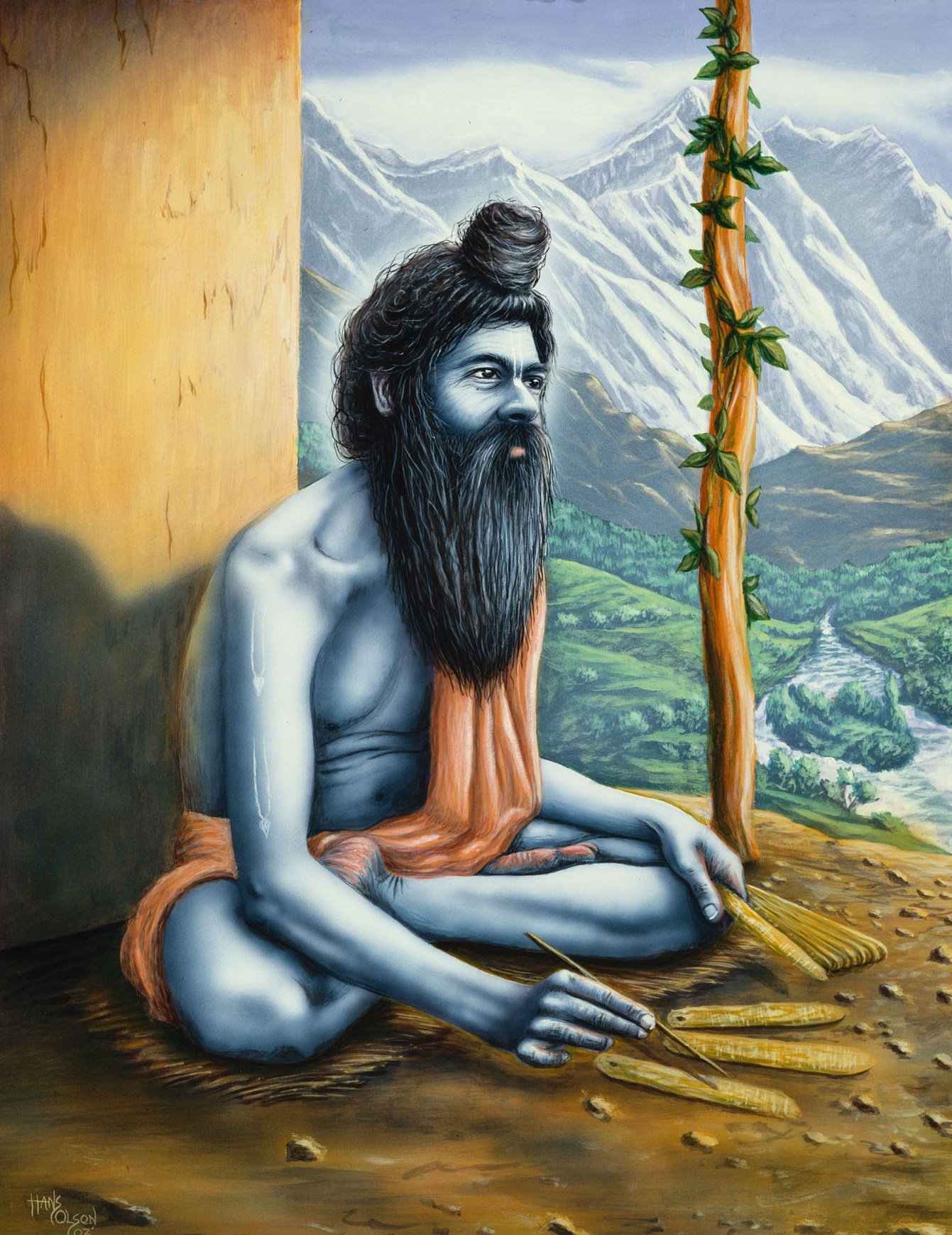

This World was in existence in the form, as it were, of Dense Darkness — Unperceived, undifferentiated, incogitable, incognizable; as it was wholly merged in deep sleep.
Thereafter, the supreme being Golden Egg (Hiranya-garbha), self-born, unmanifest and bringing into view this universe, appeared, — dispelling darkness and having his (creative) power operating upon the Elemental Substances and other things. He, who is apprehended beyond the senses, who is subtle, unmanifest and eternal, absorbed in all created things and inconceivable — Appeared by Himself.
– Manusmriti 1.5 – 1.7
Water is called ‘nara,’; since water was the first thing created by (or, the original residence of) that being, he is, on that account, described as ‘Nārāyaṇa.’
That which is the cause — unmanifest, eternal and partaking of the nature of the existent and the non-existent,—the being produced by that (cause) is described among people as ‘Brahmā.’
– Manusmriti 1.10 – 11
This (The Soul), on entering into ‘Darkness,’ remains, for a long time, equipped with the sense-organs, but does not perform its functions; then it departs from the body.
When, invested with minute particles, the Individual enters the moveable or immoveable seed, then, becoming united with the aforesaid (subtle body), it assumes the New Body.
– Manusmriti 1.55 – 56
The Sun divides the ‘Day’ and ‘Night’ of Men and Gods.
What is conducive to the repose of beings is ‘Night,’
And what is conducive to the activity of beings is ‘Day.’
One month of humans form the ‘day and night’ of the ‘Pitrs’ (Ancestral Spirits). Their division is by fortnights: the darker fortnight, conducive to activity, is ‘Day,’ and the lighter fortnight, conducive to repose, is ‘Night.’
One ‘year’ of Humans form the ‘Day and Night’ of the Gods. The division of these is that the ‘Northern Course’ is the ‘Day,’ and the ‘Southern Course’ the ‘Night.’
– Manusmriti 1.65 – 67
The Yuga Cycle of the Gods which has been described above as consisting of ‘twelve thousand periods,’—this multiplied by ‘seventy-one’ forms what is known here as ‘Manvantara’ (Regime of One Manu).
– Manusmriti 1.79
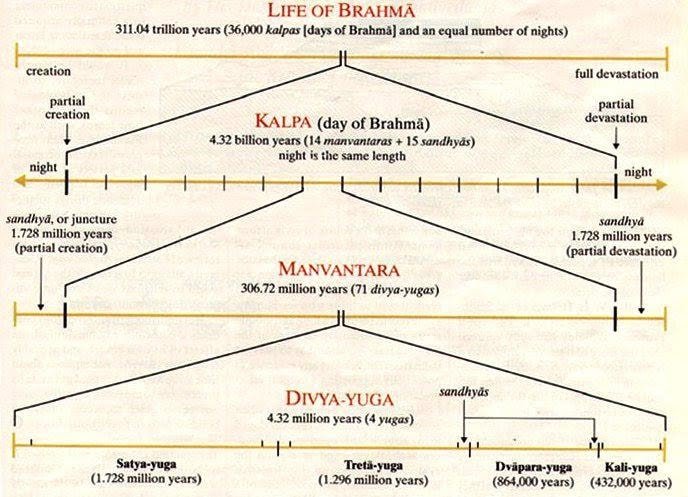
During the Krita Yuga, the characteristics of men are of one kind, of different kinds during the Tretā and the Dvāpara, and of yet another kind during the Kali Yuga. This being due to the deterioration of men in each succeeding Yuga.
In the Krita Yuga, ‘Austerity’ is the highest;
In the Tretā, ‘Knowledge’ is described as highest;
In the Dvāpara they call the ‘Sacrifice’ the highest,
And ‘Charity’ is highest in the Kali Yuga.
– Manusmriti 1.85 – 86
That region lying between the divine rivers Sarasvati and Drsasvati which has been created by the gods — They call ‘Brahmāvarta’. That practice, which has combed down through an unbroken line of tradition among the several occupations in that country, is called the ‘Practice of Good Men.’
Next to Brahmāvarta is the ‘Brahma-rishi-deśa,’ comprising the regions of Kurukṣetra, Matsyas, Panchalas and Śukasenakas. All men on the Earth learn their respective duties from the Wise Brahmana Scholars born in these Countries.
The country lying between the Himalaya and the Vindhya, to the east of Vinasana and to the west of Prayaga, is called the ‘Madhya-deśa,’ the ‘Middle Country.’ The country extending as far as the Eastern Ocean and as far as the Western Ocean, and lying between the same two mountains — the learned know as ‘Aryavarta.’
But the region where the spotted deer roams by nature is to be known as the ‘land fit for sacrificial acts’; beyond that is the ‘Land of the Mlecchas’.
The enlightened twice-born people should seek to resort to these countries; the peasantly Shudra may however, when distressed for a living, reside in any land.
– Manusmriti 2.17 – 24
Out of the three Vedas, Prajāpati milked the letter ‘a,’ the letter ‘u’ and the letter ‘m’; as also the syllables ‘bhūḥ-bhuvaḥ-svaḥ.’
Out of the three Vedas again, the Supreme Prajāpati milked each foot of the Sāvitrī verse beginning with ‘tat.’
Reciting, at the two twilights, this syllable and this verse, preceded by the Vyah-ritis, the Brāhmaṇa Scholar, learned in The Vedas, becomes endowed with Vedic Merit.
– Manusmriti 2.76 – 78
One should not instruct any one unless he is asked to, nor any one who asks in an improper manner. Even though knowing the absolute truth, the wise man should behave, among men, as if ignorant, knowing nothing.
– Manusmriti 2.110
Teaching for good should be imparted to living beings, Without Any Injury to them; and soft words should be employed by one who seeks for merit.
– Manusmriti 2.159
Even though pained, one should not use such words that cut to the quick; he should not do, or think of, injury to his students; he should not utter words by which others are pained, and which (therefore) will obstruct his passage to the heavenly regions.
– Manusmriti 2.161
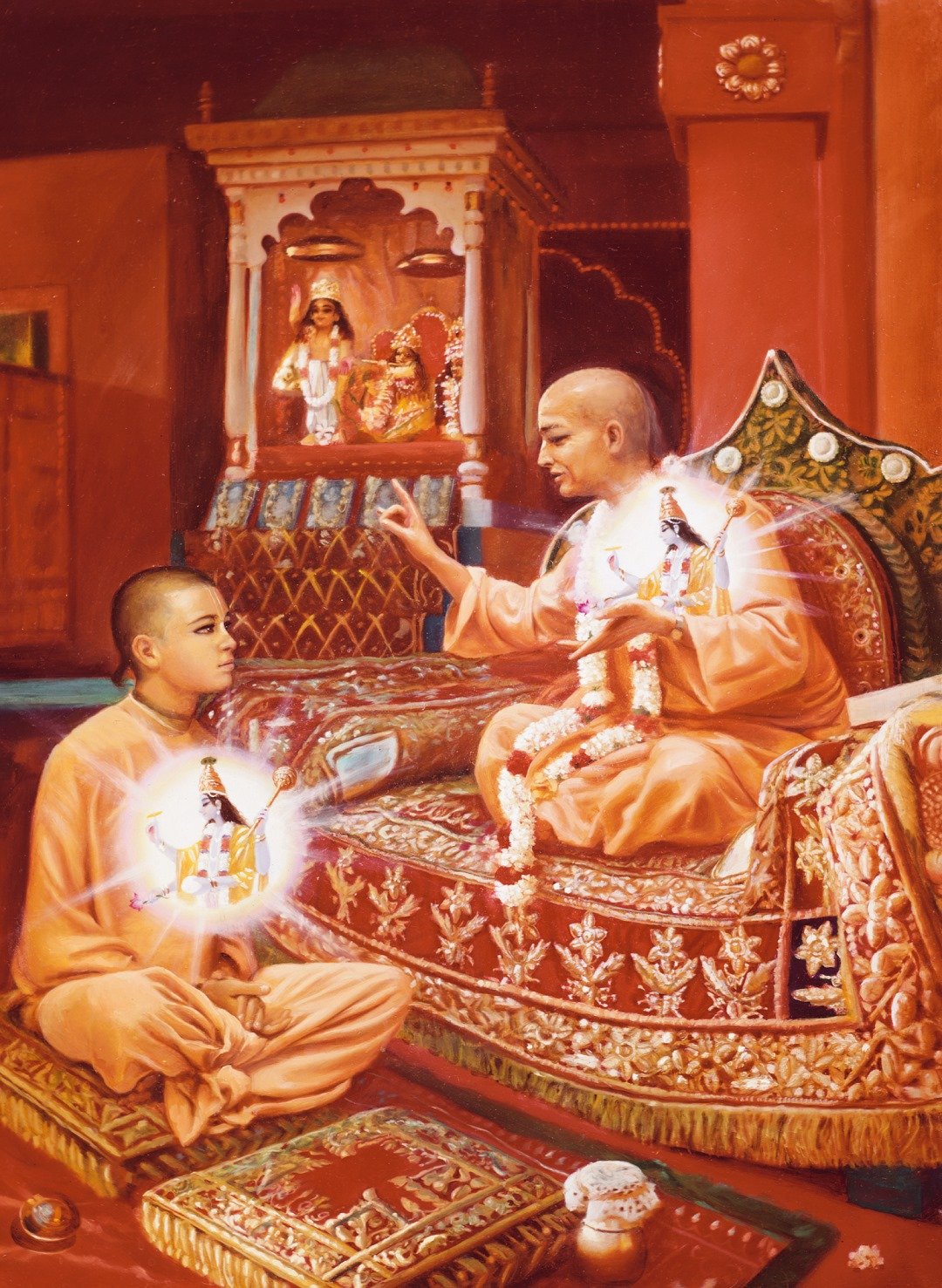
Such Food and eatables as are mixed with oils may be eaten though stale, if unspoilt; so also what may be the remnant of a sacrificial offering.
All that is made of barley and wheat, as also all preparations of milk, may be eaten by twice-born men, without being mixed with oils, even though they may have been kept long.
– Manusmriti 5.24 – 25
He, who does not seek to inflict sufferings of capture and death on living beings, is the well-wisher of all and obtains perfect happiness. He who does not injure anything obtains, without effort, what he thinks of, what he undertakes, and what he fixes his heart upon.
Meat is never obtained without having encompassed the killing of animals; and the killing of animals does not lead to heaven; hence one should avoid meat. Having duly pondered over the origin of meat, and over the fettering and killing of living beings, one should abstain from the eating of all meat.
– Manusmriti 5.46 – 49
Snobbishness, harshness, cruelty, and prone to neglect duties — mark the man of impure origin in this world. – Manusmriti 10.58
Steadiness, Forgiveness, Self-control, Abstention from unrighteous appropriation, Purity, Control of the Sense-organs, Material Discrimination, Knowledge, Truthfulness, and Absence of Anger — These are the ten-fold forms of Duty.
– Manusmriti 6.92
Where The Dark-Complexioned, Red-Eyed “Punisher” stalks about, destroying the sins, there the people are not misled, provided that the Government discerns rightly.
– Manusmriti 7.25
Of him who has his force constantly operative, the whole world stands in awe. He shall, therefore, subdue all opposing men by Means of Force.
– Manusmriti 7.103
Just as the weeder plucks out the weed and preserves the corn, so shall the King preserve his kingdom and destroy his opponents.
– Manusmriti 7.110
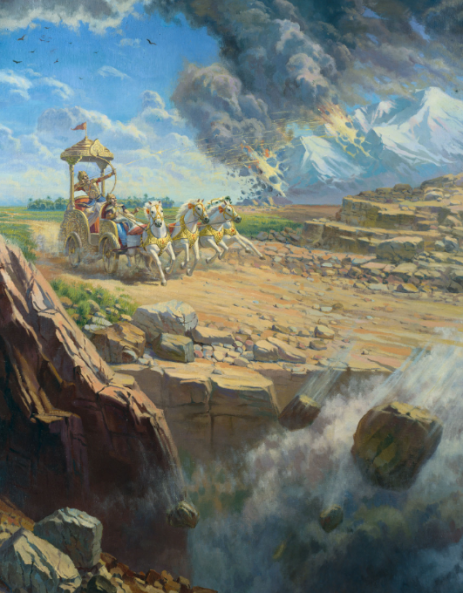
But if between the two combatants, victory is found to be uncertain, as also defeat — There he shall avoid fighting.
– Manusmriti 7.199
Off-spring, religious acts, faithful service, highest happiness,—all this is dependent on the wife; as also the attainment of heaven by oneself as well as by his forefathers. – Manusmriti 9.28
Abusing, lying, defaming the men, and idle gossiping, — are the pour kinds of ‘verbal sins.’ – Manusmriti 12.6
For Pitrs, Gods and Men, the Veda is the eternal eye; the teaching of the Veda is beyond power and illimitable. Such is the settled fact.
Those so-called ‘revealed texts’ that are outside the Vedic Doctrine, as also all the false atheistic “theories”, are useless, even when carried to perfection; as they have been declared to be “Founded on Darkness”.
Those other doctrines which spring up and perish are all worthless and false, being of modern growth.
– Manusmriti 12.94 – 96
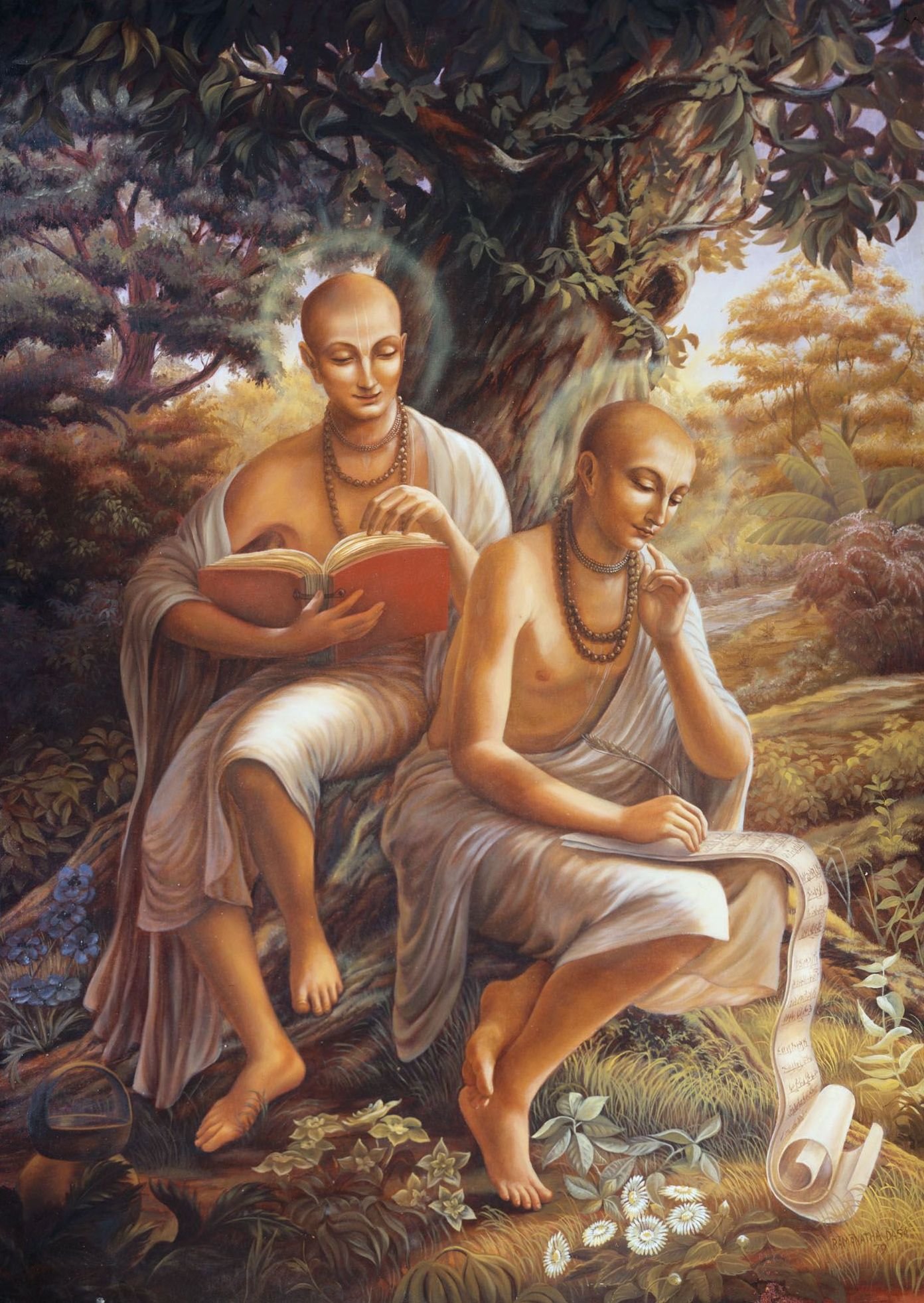
DISCLAIMER: The author is solely responsible for the views expressed in this article. The author carries the responsibility for citing and/or licensing of images utilized within the text.
